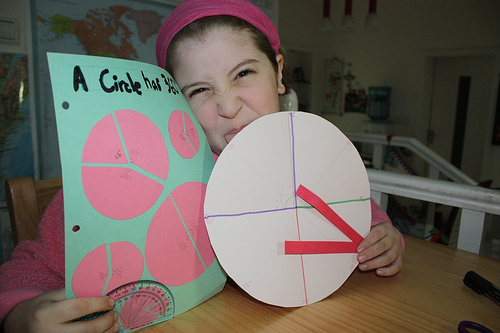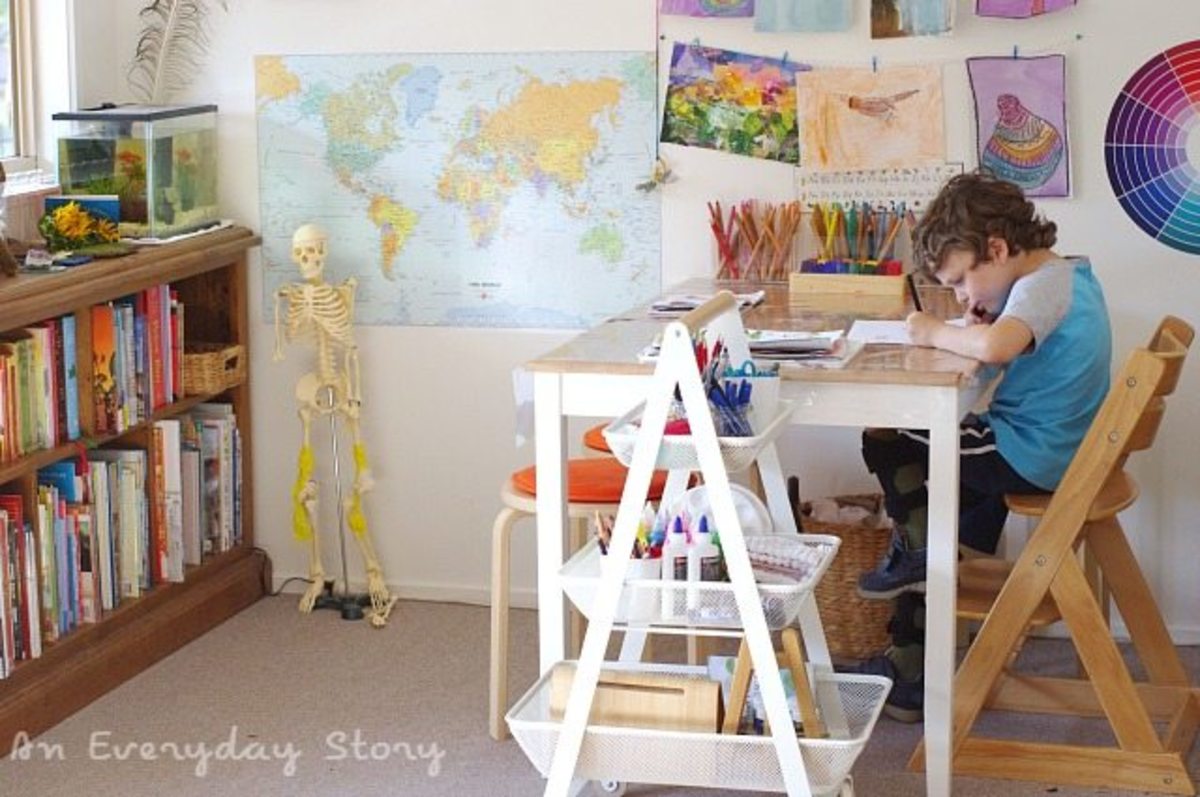Homeschool -- Am I Doing Too Much?

Take a Straight Look at Your Self-doubts
As we look at how our children are maturing and how our homeschool is operating, two questions crop up repeatedly for homeschool moms:
- Am I doing enough?
- Am I doing too much?
Sometimes those questions arise from a lack of confidence and normal self-doubt. Other times those nagging thoughts are our intuition telling us that something needs to change.
So let's squarely face the issue of doing too much. If you are doing too much, work to scale back. If you are not doing too much, then enjoy that sweet spot that you've found.
Evaluate Yourself Honestly
Which is more common -- tears or laughter?
Life has a combination of both good times and bad. Homeschool is the same. But when lessons are filled with far more tears and complaining than with happiness and compliance, it could be a sign that you are demanding too much from your children.
What prompts the tears? Is is a certain subject or a certain way of learning? Can you teach the material in a different way to make it easier or more enjoyable? Is the curriculum too difficult? Challenge is good. But too much challenge is de-motivating.
Are your children motivated and confident?
If lessons are so difficult that your child cannot succeed, his confidence may begin to suffer. As time goes on he may also withdraw from the learning activity altogether as a way to protect himself from future failure.
You do want to challenge your child. But those challenges should be attainable.
Case in point: At a homeschool conference a mom complained that her child would not sit still for his language arts lessons. After talking with her I discovered that her son was a first grader who was being asked to write an essay! No wonder he was antsy. The task he was being asked to do was simply too difficult for him.
A child who is in that sweet spot of challenge is usually confident and motivated to face a difficult assignment.
Do your children have time for free play and for rest?
Children should have time to just be. They need non-programmed, non-scheduled time to hang out in their rooms, read books, work on projects, play with friends, built forts and climb trees. Each child is different in what he prefers to do alone. But we all need down time to recharge our batteries and mentally process what we have experienced or learned.
If your children have no time for free play, you may be doing too much.

A Guide for Homeschool Planning
- Home Learning Year By Year
Here is a review of the book Home Learning Year by Year, linked above.
Are there genuine reasons for participating in your extra-curricular activities? Or do you do some just because they are offered?
Some homeschool families live in areas where there are a plethora of activities -- sports, church, 4H, museums, music lessons, and community service. Remember that just because those activities are worthy and available doesn't mean that you should participate.
Are you so busy that you don't regularly eat together as a family? Do you spend a lot of time in the car or van? Are you constantly rushing out the door to the next meeting? Maybe you are doing too many extra activities.
Be assured that your child will not be at a disadvantage if he misses some of those clubs and functions. Choose one or two activities that your child has a true passion for. Let the others slide, and refuse to feel any guilt about not participating.
Sleep Needs for Children
Age of Child
| Hours of Sleep Daily
|
|---|---|
1-3
| 12-14
|
3-6
| 10-12
|
7-12
| 10-11
|
12-18
| 8-9
|
What About Sleep?
Are your children exhausted?
During homeschool time, do your children have a hard time keeping their heads up? Do they slouch on the table?
Are your committments so great that your children are sacrificing sleep? Be sure to vigilantly protect the required hours of sleep your children need.









